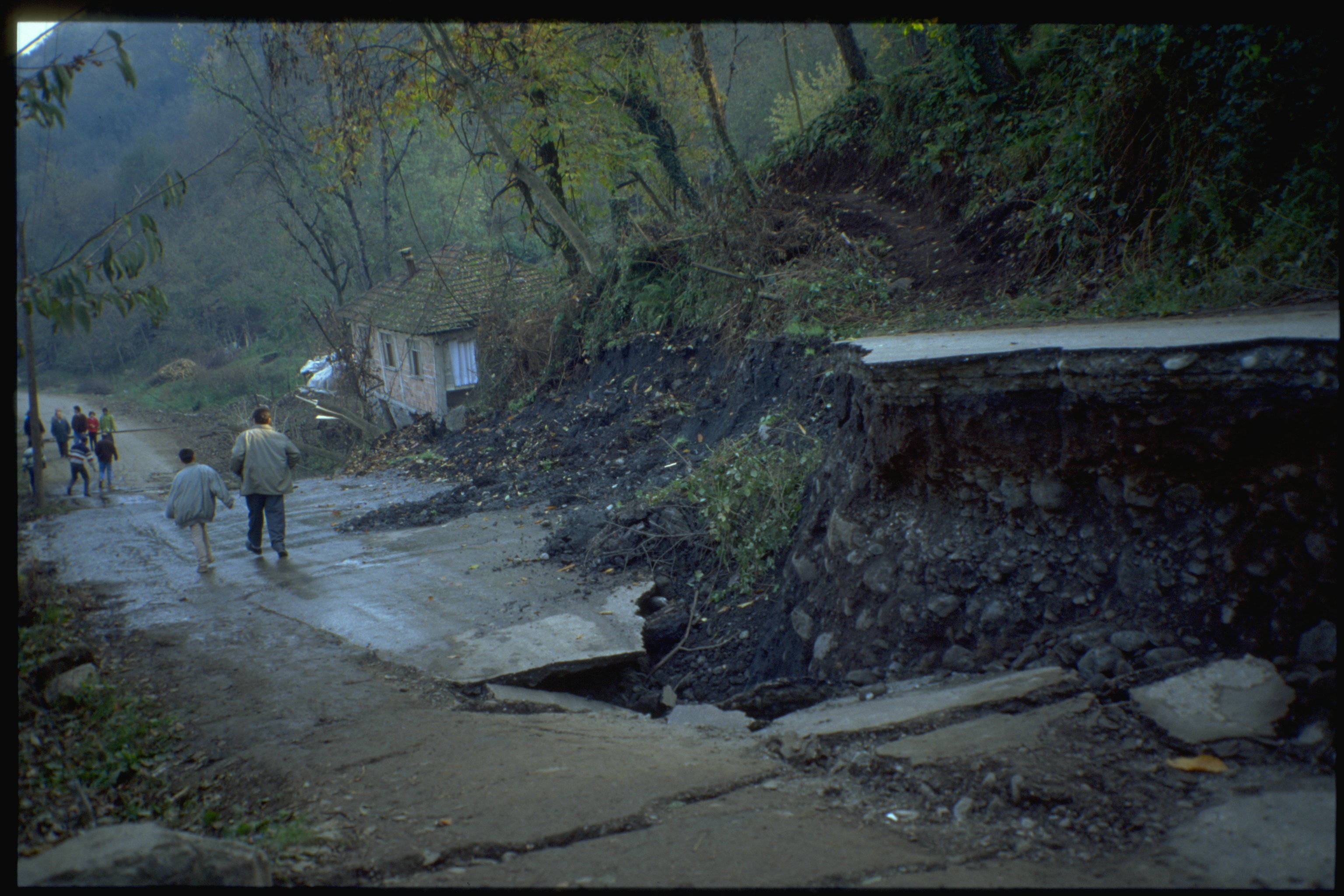All Categories
Featured
Table of Contents
Geophysical Survey - Archaeological Research in City Beach WA 2023
This work is significantly contracted out, so consultancies offer another source of employment. Consultancy companies vary in size, from extremely small business to big multinationals. Some consultancies are rather specialised in using particular geophysical strategies or working in specific areas, while others use a more varied variety of services to their consumers.
The extraction of gas from garbage dump sites is another location of employment and this might grow in the future. Exploration companies might carry out work for construction companies, public utility, mining business and ecological agencies, so geophysicists might be employed in any of these settings. Other companies include: geological surveysgovernment bodies and agenciesuniversities and research study institutes.


Jobs might be noted in the oil and gas sector press. Recruitment is impacted by oil rate variations and the level of competition for positions varies depending on this. Professions Days, which cover the full variety of geoscience careers and are normally participated in by a variety of key industry employers, are run by The Geological Society.
Surveys In Geophysics in Morley Oz 2021
A few of the big oil and gas companies offer a full two-year structured training programme across the breadth of geophysics, including the chance to experience work in numerous groups prior to specialising in one area. Your training might consist of work on: existing wellsmagnetic and gravitational potential field information analysisresearchrock analysis. It's more normal for your initial training to be supplied on the job.

There may be a probationary duration throughout which you work along with a knowledgeable associate. Competency-based appraisals happen frequently in many firms. In smaller firms, and for academic posts, there is unlikely to be any official training - you'll be anticipated to start work straightaway and get skills as you go along.
If you work for a smaller sized business, you may discover that you need to take responsibility for organizing and funding your own advancement and training. If you have a geology degree, subscription of The Geological Society can be useful for networking and for maintaining to date with the industry.
Geophysical Survey Techniques And Methods in Mount Claremont Oz 2021
You may also find it beneficial to sign up with the PESGB (The Petroleum Exploration Society of Great Britain, which has a geophysics special interest group. After a probationary period, and once you've gotten some experience, you could progress to senior geophysicist, then group leader and after that into a senior function in management.
The ease of movement between roles depends on the company structure. Research study at Masters or Ph, D level in a subject associated to geophysics or geosciences might assist with your career advancement and development. The work market within the oil and gas market is very depending on rate and this may impact your chances for profession development.
However, not all jobs are reliant on the oil and gas industries. For skilled geophysicists, freelance consultancy offers a great route for profession advancement. You can also specialise in a particular area of geophysics. As a geophysicist, you're likely to have numerous tasks throughout your working life. International mobility is vital for dealing with peaks and troughs in different nations at various times.
What Geophysicists Do in Bull Creek Western Australia 2021
From geophysics, it's possible to concentrate on seismology (finishing additional training to end up being a seismic interpreter) or to move into associated areas such as engineering geology or threat prediction.
Choosing what to study in college is a hard option. Even if you know that your field of interest depends on science, what program of study is right for you? If you make the choice to major in physical and biological sciences and pursue a profession as a geophysicist, you're preparing for an exciting and lucrative profession.
The very first action to achieving your goal of ending up being a geophysicist is earning a degree. Even for entry-level positions in the field of geoscience, you'll need a bachelor's degree (a geophysicist college degree) from an accredited college or university. Geophysicists must be able to: analyze rocks, pictures, and other pieces of data carry out research study both in the field and in laboratories develop maps and charts of their findings compose reports To achieve all this, trainees require a specialized education for geophysicist professions.
As specified above, you'll require a bachelor's degree in geoscience or an associated discipline, such as a physical science or a life sciences, to land an entry-level job. However students can likewise prepare by majoring in subjects like: Biology Chemistry Computer science Engineering Mathematics Physics The above geophysicist majors use a more generalized method to a single scientific discipline, however the majority of programs need students to take one or more geology course.
Latest Posts
Geophysical Surveys Definition & Meaning In Stock ... in Murdoch Oz 2023
About Environmental Geophysics in Middle Swan Aus 2022
Geophysicist Job Description in Australia 2021